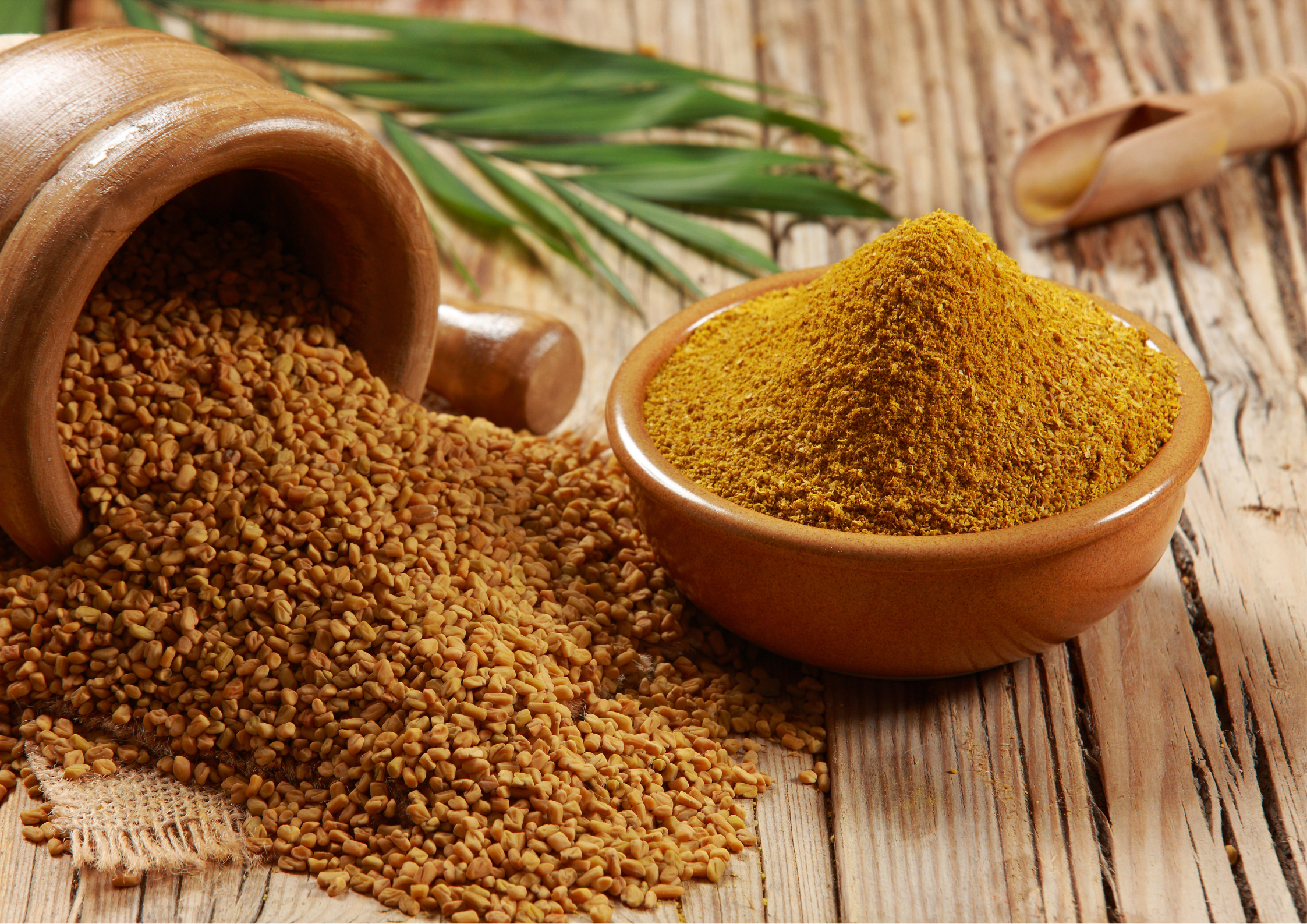Why These Foods Work
The impact of certain foods on testosterone levels can be traced to their unique properties, which include antioxidant, anti-inflammatory, and hormone-stimulating effects. Understanding these mechanisms can provide valuable insight into how dietary choices influence hormone health.
Ginger, for example, is renowned for its potent anti-inflammatory properties. Chronic inflammation can impede testosterone production by inducing oxidative stress, a condition where harmful free radicals accumulate in the body. By mitigating oxidative stress, ginger helps create a more favorable environment for testosterone synthesis.
Similarly, pomegranates are rich in antioxidants, compounds that neutralize free radicals and reduce oxidative stress. Studies have shown that the antioxidants in pomegranates can enhance testosterone levels by protecting the testes from oxidative damage, which is crucial for optimal hormone production.
Onions and garlic, both members of the allium family, have been linked to increased testosterone levels through their influence on luteinizing hormone (LH). LH is a critical hormone that signals the testes to produce testosterone. By boosting LH levels, these allium vegetables indirectly stimulate testosterone synthesis.
Fatty fish such as salmon and mackerel are excellent sources of vitamin D and omega-3 fatty acids. Vitamin D plays a pivotal role in testosterone production, while omega-3 fatty acids have been shown to enhance the functionality of the Leydig cells in the testes, which are responsible for producing testosterone.
Oysters are another noteworthy food due to their high zinc content. Zinc is an essential mineral for testosterone production, as it acts as a cofactor for multiple enzymes involved in hormone synthesis. Adequate zinc levels ensure the efficient production and regulation of testosterone.
Fenugreek contains compounds known as saponins, which inhibit the enzymes that convert testosterone into estrogen. This inhibition results in higher testosterone levels, making fenugreek a valuable addition to a testosterone-boosting diet.
Lastly, extra virgin olive oil supports testosterone production by improving the activity of enzymes responsible for converting cholesterol into testosterone. This conversion is a fundamental step in hormone synthesis, highlighting the importance of healthy fats in hormone health.
By incorporating these foods into your diet, you can leverage their unique properties to naturally support and enhance testosterone levels.
How to Incorporate Them Into Your Diet
Integrating testosterone-boosting foods into your daily meals can be both simple and delicious. Here are some practical tips to help you enjoy the benefits of these foods without drastically altering your diet:
Fresh ginger is a versatile ingredient that can be easily added to a variety of dishes. Try blending it into smoothies for a zesty kick, steeping it in hot water to create a soothing tea, or adding it to stir-fried dishes for an extra layer of flavor. Its pungent taste not only enhances the dish but also contributes to boosting your testosterone levels.
Pomegranates are another excellent choice. Enjoy them as a refreshing juice, or sprinkle the seeds on salads for a burst of sweetness and color. The antioxidants present in pomegranates are known to support overall health, making them a valuable addition to your diet.
Onions and garlic are staples in many cuisines and can be incorporated into a wide range of cooked dishes. Whether sautéed, roasted, or used as a base for soups and stews, these ingredients not only enhance flavor but also contribute to hormonal balance.
Including fatty fish like salmon, mackerel, and sardines in your meals at least two to three times a week is highly beneficial. These fish are rich in omega-3 fatty acids, which are essential for maintaining optimal testosterone levels. Try grilling, baking, or pan-searing them for a healthy and delicious meal.
Oysters, renowned for their high zinc content, can be enjoyed as a luxurious appetizer or a main dish. Whether raw, grilled, or baked, incorporating oysters into your diet can provide a significant boost to your testosterone levels.
Fenugreek seeds offer a unique flavor and can be used in various culinary applications. Add them to curries, soups, or even take them as a supplement to harness their testosterone-boosting properties.
Extra virgin olive oil is an excellent choice for salad dressings or low-heat cooking. Its healthy fats not only enhance the taste of your dishes but also support hormonal health.
While incorporating these foods into your diet, it is crucial to maintain a balanced diet and consult a healthcare provider before making significant dietary changes, particularly if you have specific health concerns or conditions. A well-rounded diet, combined with professional guidance, can help you achieve optimal health and well-being.
Can refer to below link:-


Leave a Reply